Cafe Racer: The Motorcycle Book Review
Dave Degens of Dresda Autos in London sums up what a café racer bike is for those who may be naïve to the idea by saying, “It really was a bike you could use to go to work on all week and win a race on the weekend.”
Essentially, a true café racer was an everyday motorcycle that was modified from its original form in order to achieve performance and style familiar to race bikes. While this style was once all the rage, it began to decline as competent street legal sport bikes began to emerge. It has come full circle, however, as the building of café racers themselves is at an all time high, to the extent that several well-known motorcycle manufacturers are busy launching their own café racer models. Whether riders restore an old basket case or buy a brand new bike with the similar style as the bikes of yore, it seems that there is an undeniable revivalist movement at hand.
While the bikes themselves were always integral to the scene, there was far more involved in the sub culture of café racers and this book explores all of them. Like all secular societies, there were common styles of dress and genres of music that were favored which identified your association with that brotherhood. Emerging in the UK back in the 1950s, these bikers would congregate at cafes in order to get jacked up on java since they all worked day jobs and only had time to ride under the cover of darkness.
Mike Seate, the author of Café, is an avid motorcyclist who has never owned a car and has studied the cult of the café racer for many years from multiple points around the world. As a staff writer for the Pittsburgh Tribune-Review in Pennsylvania, he also knows how to tell a story. He has conducted dozens of interviews with riders and builders, many now reliving their youth again, that of an original rocker.
The book celebrates those early machines parked outside the Ace Café in north London (recently re-opened to great acclaim) with first-hand accounts from those who were integral to the development of the trend in the first place. Whether they were racers, bike builders or simply riding enthusiasts, their story is told as they paint vivid pictures of great detail how these bikes invoked the true passion of the motorcycle culture. Café Racer also chronicles the booming revival of both retro inspired customs and mass manufactured streetfighters, bikes which Seate believes to be the successors to the café racer clan. Although these bikes are recognized by certain commonalities, like featherbeds, clip-ons and rear sets, they represent a simpler time in history and tell a story worth more than the sum of their parts.
More by Dustin Woods



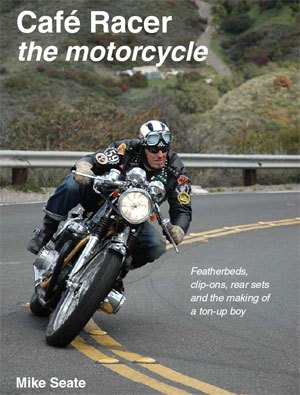

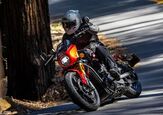
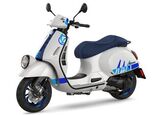
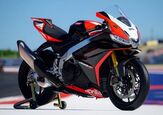
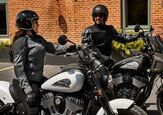
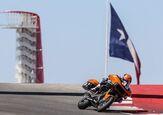
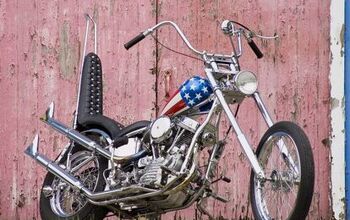
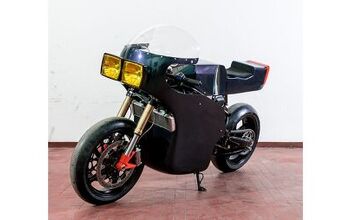
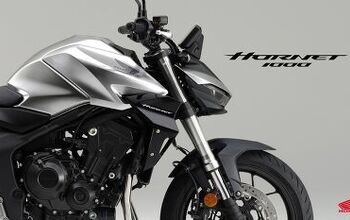

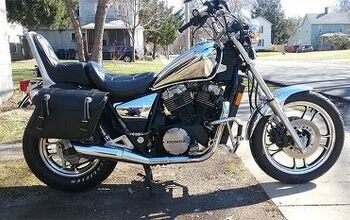


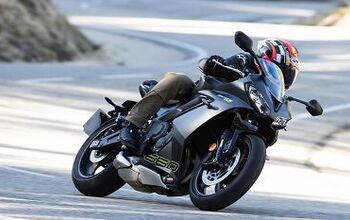
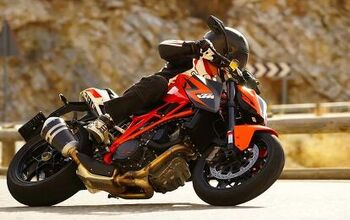
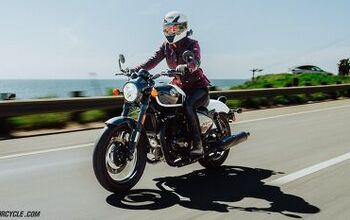
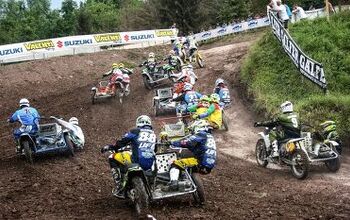

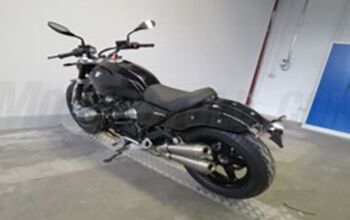
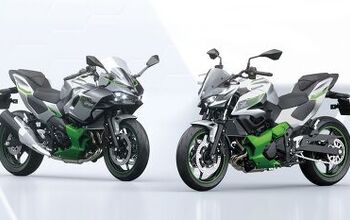
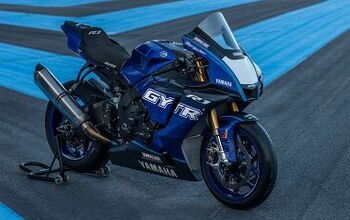
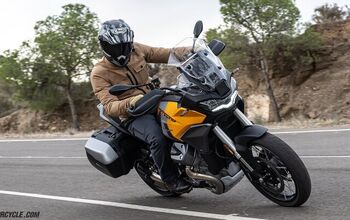
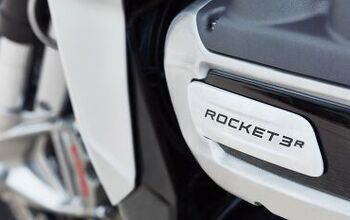
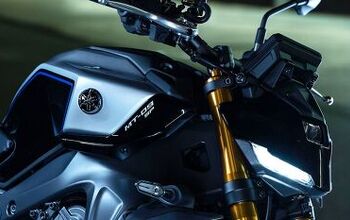
Comments
Join the conversation